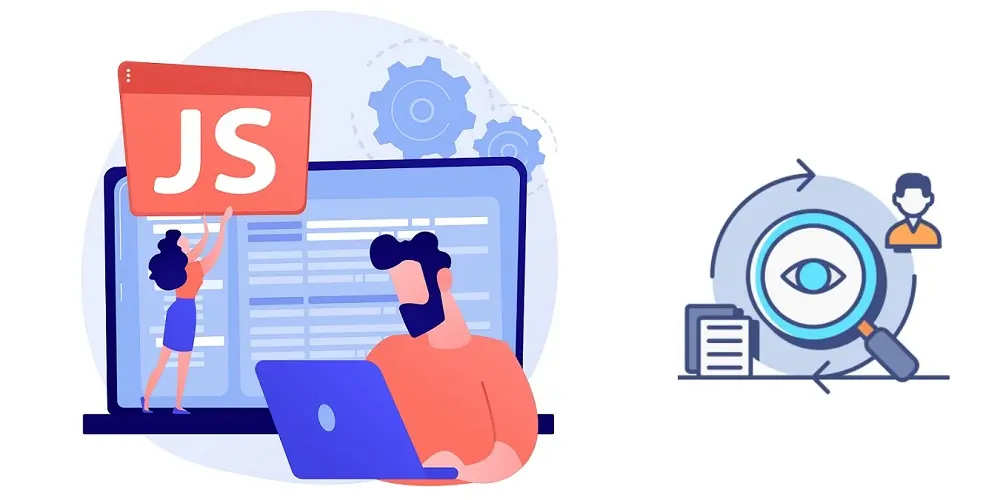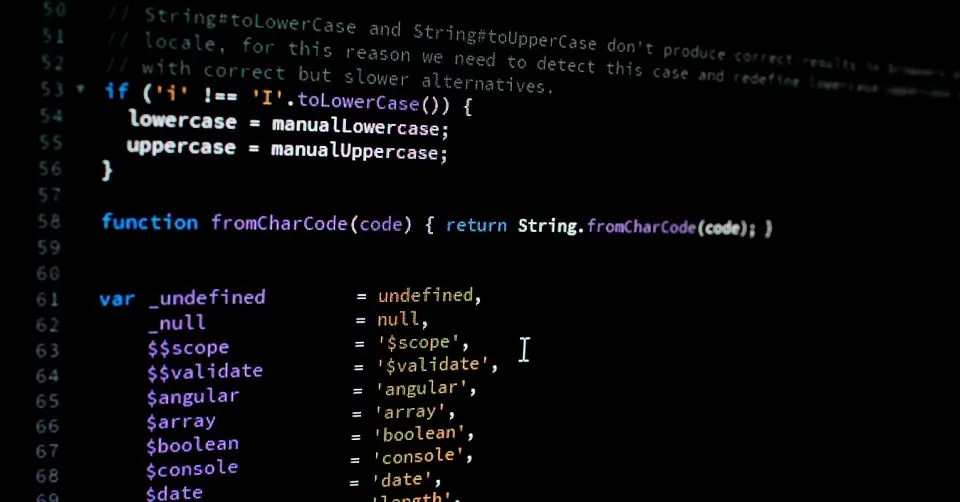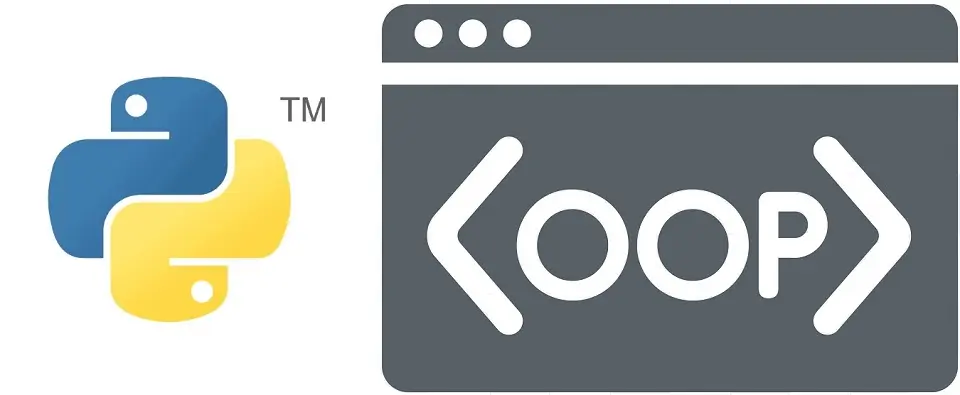pandas: An Ultimate Python Library for Data Science
In this article, I will introduce the pandas library of Python programming language for data science. We will also see practical examples of code to create data frames, logical operations, and looping, apart from examples of code for the advanced concepts of pandas. Introduction to pandas pandas is a great library of Python for data science for most industry applications
Continue reading









